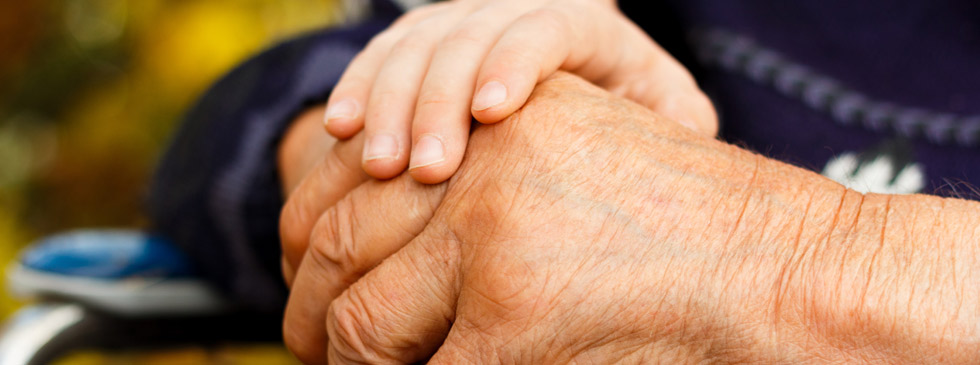A Caregiver’s Guide to Arthritis- Physical Challenges: How You Can Help
The range of physical challenges from arthritis can be extensive: The person may have difficulty walking, trouble with household tasks like opening jars and turning doorknobs, or even problems with dressing and combing his or her hair. And pain pay make sleep hard to come by. But there are ways you can help easy physical restraints and discomforts.
- Arrange for physical and occupational therapy. A physical therapist can develop an exercise routine for your family member that will likely include range-of-motion exercises that will make it easier for him to do things like comb his or her hair, or stand up or sit down; strength training that will strengthen the muscles that support the joints; and some cardiovascular exercise like walking or swimming that will help him maintain overall fitness. An occupational therapist will assess what your family member can and can’t do, and address ways to help make difficult tasks easier. For instance, she may suggest small household changes like door latches instead of twist knobs that won’t stress the joints.
- Employ heat and cold. Heat works by stimulating blood circulation, which can reduce muscle spasms and relieve pain. Encourage your family member to take a warm shower each morning to relieve morning stiffness. Applying heating pads or patches to painful areas for 15 minutes at a time can help as well.
- Try massage. Research shows that regular massage can reduce pain and stiffness and improve range of motion and joint function. An added bonus is that massage also reduces anxiety, a common accompaniment to chronic pain. Researchers have found that massage lowers stress hormones and increases feel-good neurotransmitters like serotonin. Make sure the doctor thinks it’s a good idea and get a referral to a massage therapist familiar with arthritis.
- Address sleep difficulties. Pain robs sleep. And fatigue increases pain. Talk with the doctor about ways that your spouse or parent can sleep more soundly. Try to persuade your family member to avoid caffeine and alcohol, which disturb sleep. And share some minutes of soft music, deep breathing, and warm milk before going to sleep in a cool, dark room.
- Prepare nutritious meals. Some foods can help fight inflammation, while others may trigger arthritic flares (increase in symptoms). And maintaining a healthy weight can also help manage joint pain. Fruits and vegetables, fish, fiber and whole grains can help fight inflammation. High fat foods may trigger arthritic flares.
- Evaluate housing. If you are caring for a parent, you may want your parent to live with you. Evaluate all the options with your parent first. Your parent may want to stay where she is, move to a nearby apartment or a skilled facility with assisted living.

